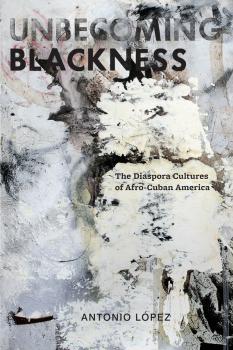Antonio López M.
Список книг автора Antonio López M.Gift and the Unity of Being
Starting from both our originary experience of being given to ourselves and Jesus Christ's archetypal self-donation, Gift and the Unity of Being elucidates the sense in which gift is the form of being's unity, while unity itself constitutes the permanence of the gift of being. In dialogue with ancient and modern philosophers and theologians, Lopez offers a synthetic, rather than systematic, account of the unity proper to being, the human person, God, and the relations among them. The book shows how contemplation of the triune God of Love through Jesus Christ in the Holy Spirit allows us to discover the eternal communion that being is and to which finite being is called. It also illustrates the sense in which God's gratuitousness unexpectedly offers the human person the possibility to recognize and embrace his origin and destiny, and thus he is given to see and taste in God's light the ever-fruitful, dramatic, and mysterious positivity of being.
Unbecoming Blackness
In Unbecoming Blackness, Antonio López uncovers an important, otherwise unrecognized century-long archive of literature and performance that reveals Cuban America as a space of overlapping Cuban and African diasporic experiences. López shows how Afro-Cuban writers and performers in theU.S. align Cuban black and mulatto identities, often subsumed in the mixed-race and postracial Cuban national imaginaries, with the material and symbolic blackness of African Americans and other Afro-Latinas/os. In the works of Alberto O’Farrill, Eusebia Cosme, Rómulo Lachatañeré, and others, Afro-Cubanness articulates the African diasporic experience in ways that deprive negro and mulato configurations of an exclusive link with Cuban nationalism. Instead, what is invoked is an “unbecoming” relationship between Afro-Cubans in the U.S and their domestic black counterparts. The transformations in Cuban racial identity across the hemisphere, represented powerfully in the literary and performance cultures of Afro-Cubans in the U.S., provide the fullest account of a transnational Cuba, one in which the Cuban American emerges as Afro-Cuban-American, and the Latino as Afro-Latino.

